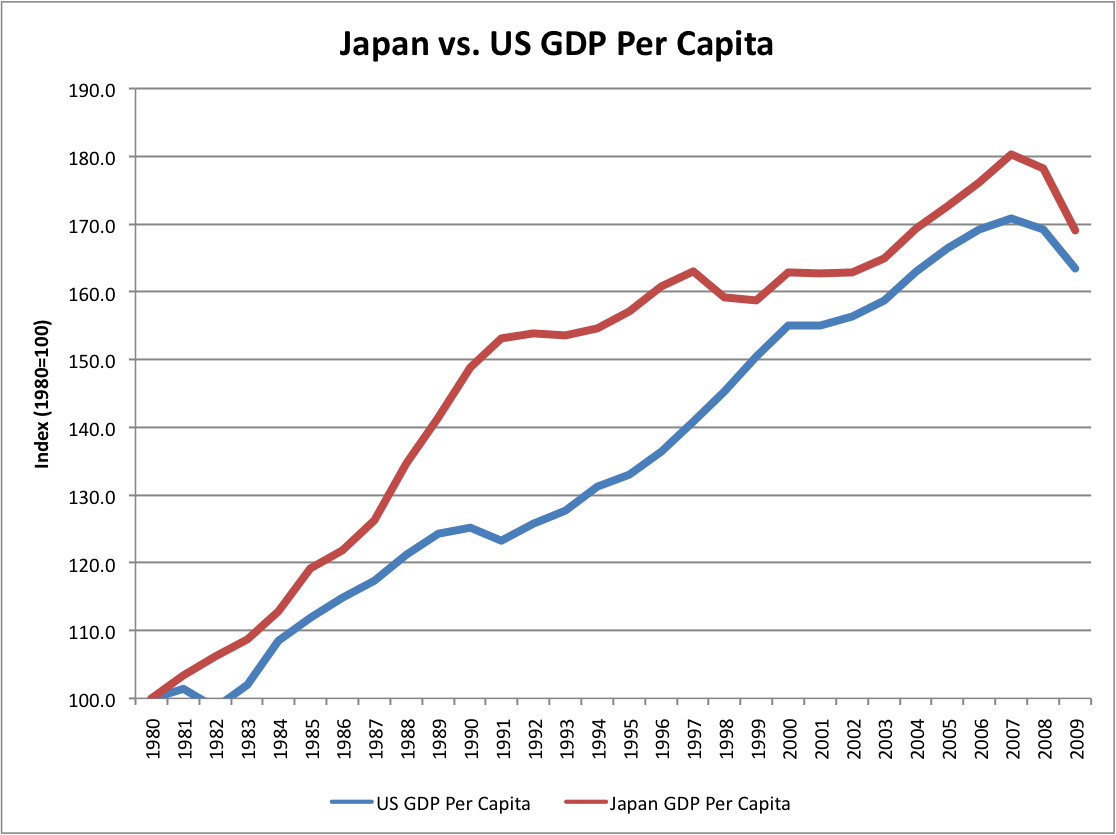- Jun 30, 2003
- 33,424
- 13,049
- 136
As much as the US desperately needs reform to immigration policies, it is much easier to become a citizen here than in many other places. The system in Switzerland is quite burdensome
It's pretty shocking to compare the restrictions the Swiss have versus what the requirements are here in the US.
It's pretty shocking to compare the restrictions the Swiss have versus what the requirements are here in the US.
Becoming a naturalised citizen is harder in Switzerland than almost anywhere else in Europe, and voters are to decide on Sunday whether to make it easier for third-generation immigrants.
"I went to school with kids who were not Swiss," says campaigner Stefan Egli. "And I always wondered why I had different rights: they were born and raised here just as I was. Why should I get the right to vote the day I turned 18 and not them?"
Being born in Switzerland does not guarantee citizenship, so non-Swiss must typically wait 12 years before applying, taking tests, going for local government interviews and often paying thousands of Swiss francs in fees.
The new proposal would allow people born here, whose parents and grandparents also lived here permanently, to avoid some of that bureaucracy.
Mr Egli's campaign group, Operation Libero, objects mainly to the strict vetting procedure. Aimed at ensuring that new citizens are well integrated, it can appear absurd.
Town councils have the final say. They are free to ask candidates all sorts of questions, and citizenship interviews can include requests to name local cheeses or mountains, and queries about skiing ability. Checks are sometimes made with neighbours to ensure there are no intractable arguments.
Swiss or not Swiss?
Supporters argue the system is far superior to the more anonymous systems in neighbouring France and Germany.
But critics say the rules verge on the insulting for people whose families have been in Switzerland for three generations. Campaigners use posters of pairs of real people: Vanja and Vania, Manuel and Manuel, inviting passers by to spot the difference.
The point is that one is Swiss, and the other is not. Vanja and Vania were both born and have spent their lives here. But only Vanja has Swiss nationality and, significantly in the Swiss system of direct democracy, she has the right to vote.
"It's not fair, we share the same story," says Vanja. "She was born in Berne, I was born in Lucerne; we went to school, we grew up in Switzerland, that's the only life we know. I can participate in democracy in Switzerland, and she can't."
Vania's parents and grandparents lived and worked in Switzerland, but remained Italian. Vania could apply to be Swiss, but is reluctant to do so if it means having to pay up and prove herself to the country she was born in.
"I won't put myself through that," she says. "I am the same as Vanja. I was born here, I live and work here, I pay taxes."
Vania, 23, is also frustrated that applicants need to have lived in the same local community for at least two years. "What if I want to change my job and move?"
Not every would-be citizen sees the system as a problem.
"You know they are going to ask you questions about politics, about the village, your circle of connections, what you do, why you want to be Swiss," says Chris Tattersall, originally from the UK.
He applied to be Swiss the moment he had satisfied his 12-year residency requirement.
"Anyone who has been here a significant amount of time and has a desire and motivation to be Swiss would find it easy… unless of course you've upset the neighbours."
Will it open the floodgates?
Whatever the neighbours say, Sunday's vote changes nothing for first-generation immigrants like Chris. Only about 24,000 people like Vania who are grandchildren of immigrants would be eligible.
That has not stopped opponents warning that relaxing the law could open the floodgates to thousands of unchecked, unintegrated new citizens.
A poster of woman in a burka (a rarity in Switzerland) suggests that "uncontrolled citizenship" could lead to the "Islamisation" of the country.
Claudio Zanetti of the right-wing Swiss People's Party believes that rather than asking for simplified citizenship, third-generation immigrants should be explaining why they have been so slow to apply.
"If you are here for three generations and you never tried, why should it be made easier for you to get it? Citizenship is something special. The longer you wait, the harder it should get."
Over the past 30 years, three previous attempts to relax the rules have been defeated. This time, polls suggest the vote will be close. Big cities back the idea, while more conservative rural areas oppose it.
Vania says all she really wants is for her home country to recognise that she belongs.



